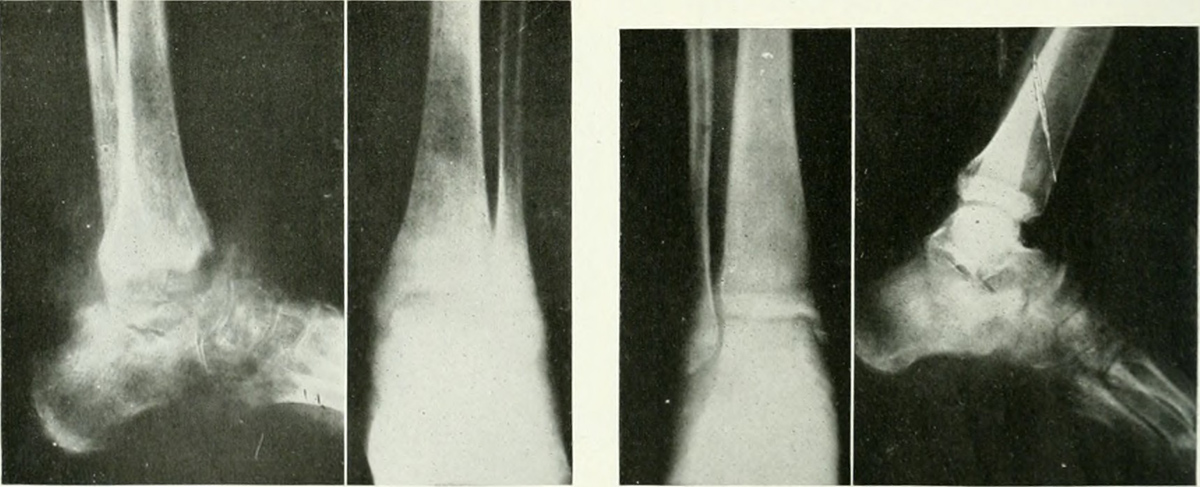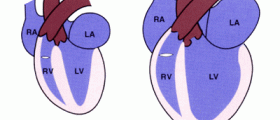
Swollen Ankles - General Info
Swollen ankles, feet and legs occur as a consequence of the fluid accumulation between the cells of these body parts. Medical term for swelling is edema and it may affect any part of the body. Still, legs especially ankles are predominantly affected. The swelling of ankles may be caused by numerous factors. It affects people of all ages, from babies to elderly people. The swelling may be isolated or accompanied by additional symptoms such as redness of the affected skin, discomfort and change of the temperature of the affected skin. Swollen ankles may occur because one has been standing all day long or they represent the symptom of some serious medical conditions such as kidney failure.
Swelling may affect only ankles or it extends to lower legs. The skin is either hot or cold and it may change color and become either pale or red. In some cases after the injury, the skin is bruised and features with specific discoloration. Well experienced doctors can confirm the presence of even the smallest amount of accumulated fluid by pressing the ankles with fingers.
Causes of Swollen Ankles
A variety of factors and medical conditions lead to swelling of the ankles. For example, it usually affects people who have injured feet or lower legs. Furthermore, some people have predisposition to accumulate fluid even though they do not suffer from serious illnesses. Swelling of the ankles is also common for pregnant women especially in the third trimester. On the other hand, swollen ankles are also one of the characteristics of serious medical conditions such as heart, liver or kidney failure. Standing for a longer period of time leads to swelling of the ankles. In this case apart from retention of the fluid gravitation enhances the swelling. Even excessive intake of salt results in increased retention of fluid which consequently accumulates around the ankles. Women who are on the pill, patients on hormone replacement therapy as well as alcoholics are more susceptible to swelling of the ankles. And finally, poor blood circulation and varicose veins typically feature with swelling of this body part.
Treatment for Swollen Ankles
The treatment for swollen ankles basically depends on the actual cause. In mild cases if there is no serious underlying medical condition one can successfully fight fluid retention by maintaining proper weight, reduction in intake of salt, and being more active (walking, light physical activity etc). Adequate intake of water is also important since the water helps in elimination of the waste products which may be a cause of swelling. For people who have to stand for a long time on their feet short breaks during which the legs are elevated may be of great help in reduction of the symptom and prevention of swelling. And finally, in serious medical conditions such as liver, heart or kidney failure proper treatment of the disease brings swelling of the ankles under control.

















Your thoughts on this
Loading...